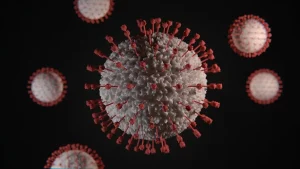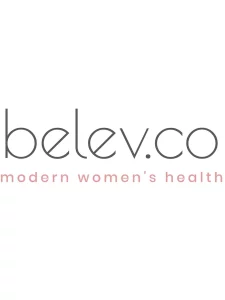Thinking about all the joyful moments ahead once a baby is born is every woman and a man’s dream come true. Perhaps you are thinking about becoming pregnant or maybe not; the fact is that almost half of all pregnancies in the United States are unplanned, so let’s be ready. If you are in your reproductive years, paying attention to your health will increase your chances of having a healthy pregnancy, which means a healthy baby.
Presenting to your doctor’s visit is more than just a series of questions and a battery of blood work. It is a visit that involves the planning and programming of your current state of health. At this visit, your medical provider will discuss with you any current medical conditions, both acute and chronic, and what the next steps are necessary to prevent the progression of chronic disease. Your provider may decide to refer you to a specialist if your condition is in poor control or needs special attention.
The goal of preconceptual counseling is to reduce the risk of perinatal complications by advice and to guide the mother to a higher state of health. Pre-pregnancy care also involves screening for sexually transmitted diseases and infections. For some women, over the age of 21, we would obtain a pap smear to assess the risk of cervical cancer. There are two critical health parameters to consider at this visit: your weight and your blood pressure. Weight and blood pressure will give us immediate answers to the current state of your wellness. Appropriately addressing high blood pressure and weight that is out of range during this visit is very important to reduce the risk of heart disease, diabetes, strokes, and cancer, to name a few. However, in pregnancy, poorly controlled high blood pressure and weight gain can lead to perinatal complications such as preterm birth, gestational diabetes, hypertension, and pre-eclampsia. Furthermore, it increases your risk of maternal-fetal complications during delivery and additional risk for maternal morbidity and mortality. Meeting with your health care provider to plan a healthy pregnancy is the kick-starter to designing your health plan focused on genetics, lifestyle, and behavioral changes.
An online article reports the best time to get pregnant is between your late 20s and early 30s. This age range is associated with the best outcomes for both you and your baby. One study pinpointed the ideal age to give birth to a first child as 30.5 (Watson, 2018). During a family planning visit, it should be easy to talk to your doctor about the amount of stress and the potential of living in an abusive environment. We would also discuss any exposure to potentially toxic substances that could be in your homes, such as lead or air pollution. Pre-conceptual planning is also about being mindful of not using alcohol, smoking cigarettes, or other harmful chemicals like cocaine or even opiates. We know that these toxic agents can cause congenital disabilities and intrauterine growth restriction. More importantly, they hinder your emotional awareness and decrease your ability to think and feel bright, making everyday life cloudy. These kinds of feelings can increase your risk of mood disorders and depression. Furthermore, once pregnant, your chance of perinatal mood and anxiety disorders significantly increases, and it sets the stage for a phenomenon called maternal toxic stress.
During the preconceptual visit, your doctor will also review any current medications and prescribe folic acid 400mcg for daily use to reduce the risk of neural tube defects. This visit is also a valuable time to discuss your current nutrition and regular consumption of foods to reduce your risk of high blood pressure, diabetes, and inflammation. Women of childbearing age should be consuming a “daily rainbow of foods.” This dietary tip means providing your body with green leafy vegetables, berries, adequate-protein to carbohydrate ratio, and high fiber foods adequate for proper nutrition. Take inventory of your diet, begin your daily habit of meal prepping, and mindful meal planning. Your provider can refer you to a nutritionist for a more in-depth, more insightful consultation.
Taking care of your health during your reproductive years is the most valuable investment you can make. The goal is to reduce your risk for adverse health outcomes in pregnancy and during labor and delivery. Poorly controlled medical conditions have implications for your health and the health of your unborn child. Let us do this together. Let’s talk about redesigning your life, reprogramming your daily habits to program a healthy future. Furthermore, creating a healthy future for you and your children, passing on great habits for future generations to come.






